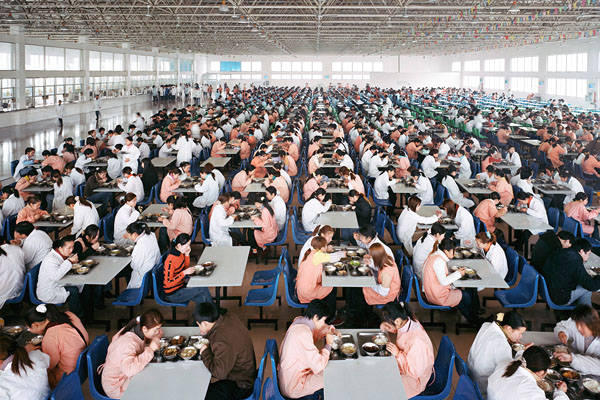At an average of just 6.5% (excluding promotion), Chinese enterprises recorded the lowest salary increase rate since 2010 this year, according to the Human Capital Intelligence (HCI) Study 2017. The study was conducted by Aon, a leading global professional services firm providing a broad range of risk, retirement, and health solutions. Despite being the leader in salary increases, the Internet industry saw the biggest decrease this year–down by 1.3 points to 9%, compared with the same period of last year. The hi-tech industry offered salary increases of 7.4% this year, down by 0.5 points. Salary increase rates in other industries are listed below:
Salaries in China are projected to increase at an average rate of 6.6% in 2018.
Ms. Zhang Zhuolei, COO of Aon Hewitt Greater China, says: “In recent years, salary related costs have been increasing. Companies must focus on differentiated pay with the aim of driving performance.”
Turnover rate slows down, while involuntary turnover rate rises
This year, average turnover rate was 19.7%. Of this, 14.4% of turnover was voluntary while 5.3% was involuntary. While the average turnover rate has gone down by 1.1 points compared to last year, involuntary turnover rate has increased by 4.7 points in engineering; 1.9 points in pharmaceutical Foreign Invested Enterprises (FIEs); and 1.1 points in logistics.
Zhang Zhuolei adds: “Faced with the pressure of an economic downturn, disruptive technology, and changing regulatory environment a number of enterprises have taken the initiative to transform their businesses. Organisational restructuring, business divestitures, and M&As have resulted in an increase in involuntary turnover. In addition, some sectors have experienced increase in voluntary turnover due to more job opportunities available.”
Artificial Intelligence skills are in demand, but there is an acute shortage
The continuous demand for artificial intelligence (AI) has resulted in an acute shortage of talent in the Chinese market. A limited number of AI university graduates enter the job market each year, exacerbating the already-tense talent supply and pushing up their compensation levels. According to Aon’s HCI Study 2017, senior machine-learning engineers enjoyed an average salary increase of about 20% in 2017, and data scientists received an average increase of 15% to 20%–much higher than the industry average of 7.4%.
Staffing tends to be more prudent as enterprises focus on improving employees’ capabilities & productivity
Headcount increase rates are projected to decrease in 2018 across a majority of industries–demonstrating that companies are growing more prudent about their hiring decisions. The study also shows that the cost of employees’ compensation & benefits have lowered in certain industries, such as pharmaceutical FIEs and medical device FIEs.
This indicates that companies are paying more attention to improving employees’ capabilities and productivity to drive business performance. At the same time, they are committed to attract, motivate and retain ‘high potential’ employees via a reward strategy which singles them out and provides them the right incentives.
The HCI Study covers over 3000 enterprises in first-tier cities such as Beijing, Shanghai, Guangzhou, and Shenzhen, as well as major second-tier and third-tier cities across China. Study participants span a number of industries including hi-tech, Internet, real estate, finance, healthcare, auto, machinery and industrial manufacturing, consumer goods, retail, chemical, logistics, engineering, and hotel.




















